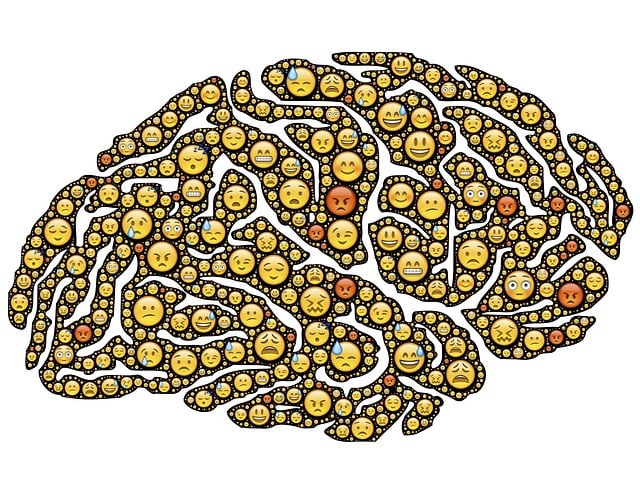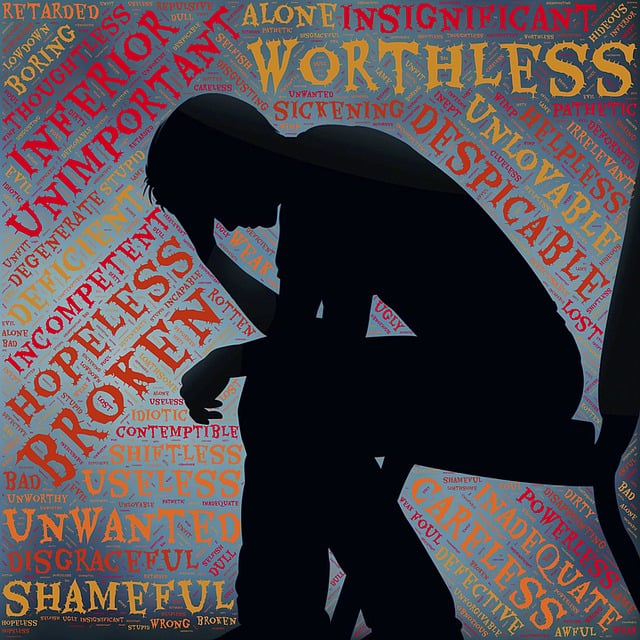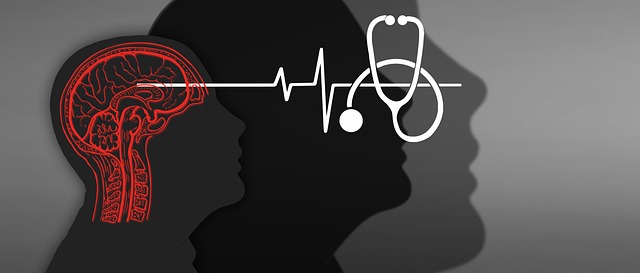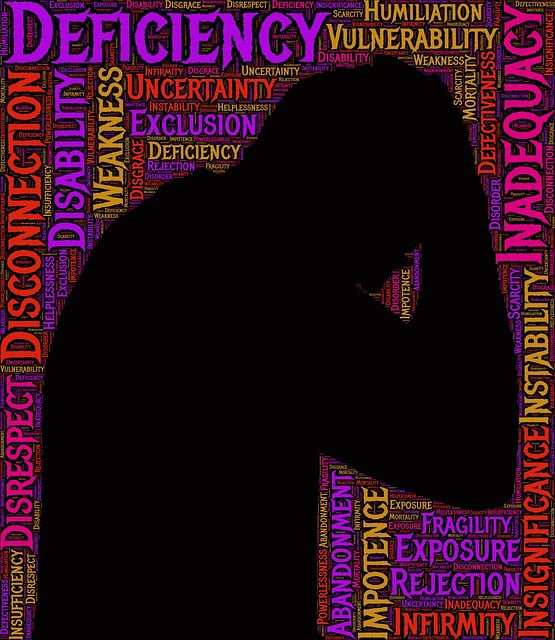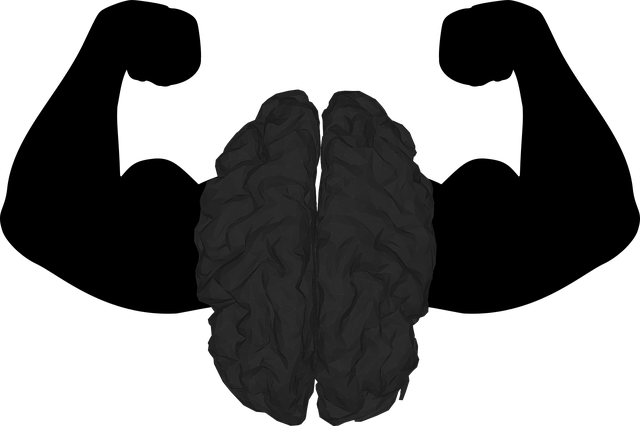Self-care is crucial for well-being, especially post-trauma, focusing on physical, mental, and emotional needs. Burnout, disguised as fatigue, is a significant risk, with early signs including persistent exhaustion, sleep issues, and decreased productivity. Prioritizing mental health involves daily mindfulness practices like meditation or nature walks, and specialized therapy services like Aurora Child Abuse Therapy offer safe spaces to process emotions. Breaking bad habits through strategic therapy and coping mechanism development replaces negative behaviors with healthy ones, fostering resilience and emotional balance, vital for trauma survivors navigating life's challenges.
“Unwind, rejuvenate, and rediscover yourself with improved self-care practices. In today’s fast-paced world, prioritizing your well-being is more crucial than ever. This comprehensive guide navigates the essential aspects of self-care, offering insights tailored to enhance your mental health and overall resilience.
From understanding the foundational significance of self-care to recognizing burnout and stress, we provide tools for daily practice. Learn effective strategies to break detrimental habits and foster a thriving mindset—a crucial step towards personal growth, much like finding light in the midst of an Aurora Child Abuse Therapy journey.”
- Understanding Self-Care: The Foundation of Well-being
- Recognizing the Signs: Identifying Burnout and Stress
- Prioritizing Mental Health: Tools for Daily Practice
- Breaking Bad Habits: Strategies for Positive Change
- Building Resilience: Nurturing a Thriving Mindset
Understanding Self-Care: The Foundation of Well-being

Self-care isn’t a luxury; it’s a fundamental aspect of our well-being. At its core, self-care involves understanding and attending to your physical, mental, and emotional needs. This means recognizing when you’re exhausted, practicing mindfulness in stressful situations, and nurturing your inner being just as diligently as you would tend to a garden. It’s about creating a balanced life where you honor both your vulnerabilities and strengths.
For many individuals who have experienced trauma, such as child abuse, establishing a solid self-care routine can be transformative. Aurora Child Abuse Therapy emphasizes the importance of compassion cultivation practices and coping skills development as essential tools for healing. By incorporating positive thinking and nurturing self-compassion, individuals can build resilience, heal from past wounds, and cultivate a deeper sense of well-being.
Recognizing the Signs: Identifying Burnout and Stress

Burnout and stress are insidious enemies of well-being, often masking themselves as mere fatigue or busy schedules. Recognizing their subtle signs is crucial for practicing self-care, especially in high-pressure professions like Aurora Child Abuse Therapy. Professionals in this field are at a heightened risk of experiencing burnout due to the emotional intensity of their work.
The initial indicators of burnout include persistent fatigue, changes in sleep patterns, and decreased productivity. As stress escalates, it may manifest as irritability, difficulty concentrating, and even physical symptoms like headaches or gastrointestinal issues. Implementing effective self-care strategies involves recognizing these signals early. This can be achieved through regular self-reflection, setting clear boundaries, and prioritizing activities that foster mental and emotional resilience, such as engaging in hobbies, practicing mindfulness, and seeking support from colleagues or therapy professionals, including those offered by Aurora Child Abuse Therapy services.
Prioritizing Mental Health: Tools for Daily Practice

Prioritizing mental health is an essential aspect of self-care and overall well-being. In today’s fast-paced world, it’s easy to overlook our emotional needs, but taking time for ourselves can have a profound impact. Simple daily practices such as mindfulness meditation, journaling, or even a short walk in nature can help calm the mind and reduce stress levels. These activities encourage self-reflection and foster emotional well-being promotion techniques that are crucial for maintaining balance.
For individuals who may have experienced trauma or face challenges like Aurora Child Abuse Therapy, incorporating specialized tools becomes vital. Empathy building strategies, such as engaging in therapy or support groups, offer safe spaces to process emotions and connect with understanding communities. Trauma support services play a significant role in healing and can provide tailored resources for navigating difficult experiences. By integrating these practices into daily routines, individuals can enhance their resilience and better manage mental health challenges.
Breaking Bad Habits: Strategies for Positive Change

Breaking bad habits is a powerful step towards self-care improvement and can have a profound impact on one’s mental health, especially for individuals who may be recovering from trauma or challenging life experiences. At Aurora Child Abuse Therapy, we understand that changing long-standing behaviors requires a strategic approach, often involving a combination of techniques tailored to each individual’s unique needs.
A key strategy involves identifying and understanding the underlying triggers associated with these habits. By practicing emotional awareness and developing effective coping mechanisms, individuals can manage their responses to stressors. This might include integrating mental wellness coaching programs that focus on building emotional intelligence—a crucial component in risk management planning for mental health professionals. Through self-reflection and learning new strategies, one can gradually replace negative habits with healthy behaviors, fostering a sense of empowerment and improved mental wellness.
Building Resilience: Nurturing a Thriving Mindset

Building resilience is a cornerstone of nurturing a thriving mindset, especially in promoting emotional well-being. This process involves developing an inner strength that enables individuals to adapt and bounce back from challenges, stress, or even traumatic experiences like those that may be addressed through Aurora Child Abuse Therapy. By integrating self-care practices into daily routines, one can strengthen their mental wellness and enhance their ability to navigate life’s ups and downs.
Self-Care Routine Development for Better Mental Health plays a crucial role in this journey. Techniques such as mindfulness meditation, regular exercise, adequate sleep, and engaging in hobbies foster emotional balance and resilience. These practices not only promote mental wellness but also offer a sense of control and self-compassion, allowing individuals to cultivate a more positive outlook on life.
Self-care is not just a trend; it’s a vital practice essential for maintaining mental health and overall well-being. By understanding the importance of self-care, recognizing signs of burnout, and prioritizing daily mental health practices, individuals can cultivate resilience and break harmful habits. Aurora Child Abuse Therapy emphasizes the power of these strategies in fostering thriving mindsets and promoting healthy lifestyles. Remember that taking care of yourself is not selfish; it’s a necessary step towards leading a fulfilling life.

